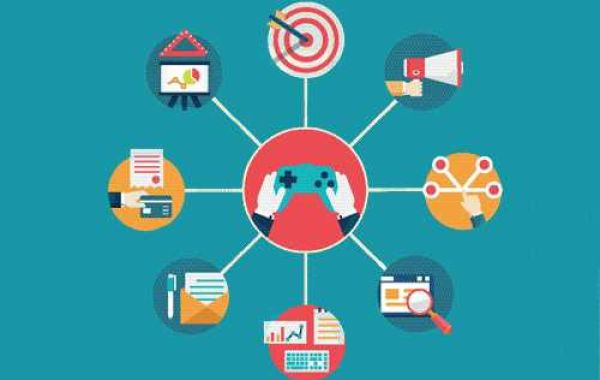Economic stability is a defining aspect of the present society; it builds a hierarchy and expresses our shared life experiences. From education and healthcare to social mobility and eligibility for opportunity, everything is an outcome of your position in the financial hierarchy. A great example is the characters Roy and Travis from Richard E. Shaw's novel "Million Dollar Penny." The two come from very different financial backgrounds, yet they cross paths in high school and reconnect as adults. Roy is a struggling teenager who works restaurant jobs and extra shifts to save money and pay for his ill mother's medical treatment. Growing up poor and surviving in New York City is an immense challenge for him.
On the other hand, Travis stood out in the crowd with his chiseled physique and broad shoulders. Being the son of a business tycoon, he had the means to surround himself with the best resources and trainers to maintain his healthy lifestyle. From his physical appearance to his daily workout routine, he exemplified discipline, determination, and a commitment to peak performance.
Struck by the hands of time, both Roy and Travis meet again. Bounded by their shared joys, hard work, sorrows, and unfailing optimism, they finally find common ground for a lifelong friendship.
Inspired by their friendship, this blog will discuss the impact of economic classes on shared experience and what type of challenges individuals face when exploring social implications.
Educational Disparities
Financial backgrounds often create educational barriers that impact people's shared life experiences. Students from disadvantaged backgrounds struggle to access quality education, inspiring teachers, extracurricular activities, and resources. Meanwhile, affluent students attend well-funded schools, gain international experiences, and afford expensive tuition fees. This leads to a broad range of opportunities for some while limiting options for those from lower-income families facing inadequate educational facilities. These disparities perpetuate social inequality and hinder social mobility.
Healthcare Disparities
Economic stability also influences a person’s access to healthcare and quality medical services. Families and people from affluent backgrounds have full coverage for healthcare, preventive measures, advanced treatments, and medication. At the same time, those from lower economic backgrounds might struggle to afford them.
Employment Opportunities
Your monetary position also holds a significant value in your career trajectory; people from higher economic classes have better opportunities to network, find internships, and gather educational resources. They have more accessible ways to enter lucrative professions. Meanwhile, people from lower economic backgrounds have limited prospects to network and a less stable environment, thus influencing their career pathways and giving rise to income inequality.
Housing and Neighborhood Disparities
This is another sign of how economic class shapes shared life experiences. People coming from higher income brackets reside in well-maintained neighborhoods with access to amenities, quality schools, and safe environments. Meanwhile, individuals from lower economic classes are at a disadvantage of housing instability, living in neighborhoods with higher crime rates and lacking access to utilities. This creates a gap, segregating and limiting opportunities for upward mobility.
Social Stigma and Discrimination
Economic differences subject individuals to social stigma and discrimination. Society often attaches stereotypes and judgments to individuals based on their economic class, perpetuating biases and reinforcing inequalities. This stigma can affect self-esteem, mental well-being, and social interactions, creating additional challenges for individuals from lower economic classes.
A person's financial circumstances play a major role in determining the challenges they face in society. By understanding and addressing these disparities, society can work toward creating a more equitable and inclusive environment, just like Travis and Roy envision in “Million Dollar Penny,” a novel by Richard E. Shaw.
Grab your copy from Amazon today!








